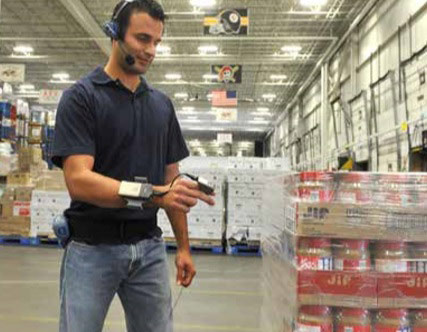WRAPPING UP DEALS: THE M&A TRENDS SHAPING THE PACKAGING INDUSTRY
Deals have continued apace in the UK packaging industry following the record volumes seen in 2021, according to BDO’s recent Packaging Sector Insights report. The report from the business advisory firm, reveals that 28 packaging transactions have completed so far this year, following a record 52 deals in 2021. Plastic packaging has been the most frequently acquired material over the last four years, representing almost a third (32%) of packaging deals, followed by paper and cardboard materials with 24% of transactions.
93% of deals in the sector so far this year have been by strategic trade acquirers, as businesses consolidate, enter new regional territories, or acquire new product verticals. Publicly traded companies continue to be the most active acquirers, principally of domestic targets, but also of international businesses.
Macfarlane Group made its first acquisition outside of the UK earlier this year, buying PackMann, the German provider of protective packaging products for an enterprise value of £5.8 million. This marks the seventh acquisition for Macfarlane over the past four years, with the previous six all being UK-based assets.
Zeus has also been a serial acquirer, recently buying Swanline Group and sister company BoxMart, suppliers of paper-based gift, retail and ecommerce packaging, which contributed to the company’s £70 million uplift in annual revenues.
A further notable dynamic has been the increase in carve-out transactions, with businesses streamlining operations to focus on chosen growth markets. MacFarlane, Essentra and Mondi have all reassessed their business models which has led to the strategic disposal of divisions.
Mondi sold its personal care components business to Japan-based conglomerate Nitto Denko for an enterprise value of EUR 615 million in February, enabling the group to focus on growing its core packaging division. In August, the business sold its Russian operations for EUR 1.5 billion, and swiftly followed this with the acquisition of Burgo Group, the Italian producer and distributor of graphic paper, for EUR 40 million. There is market speculation that Mondi could make a move to solidify its market position by acquiring a UK rival.
Roger Buckley, M&A Partner and Head of Industrials at BDO LLP, commented: “In such challenging times – with disparate effects across end sectors – M&A activity has been a necessity to expand capabilities, capture synergies, combat supply chain pressures and drive value creation across a fragmented market. We see deal volumes correlating closely to high attractiveness of the UK packaging sector and the huge opportunities therein.
“Plastic packaging remains a fragmented market, with plenty of consolidation opportunity for acquirers looking to gain economies of scale. Although paper packaging and diverse materials are becoming increasingly preferred, there is still high demand for plastics due to its versatility, cost-effectiveness, structural properties and ease of print and design.”
The report takes a detailed tour of the areas of focus driving sustainability in the market, including novel advancements that are gaining traction.
Alan Chan, M&A Director at BDO, said: “Governments have imposed policy changes to fast-track the shift to sustainability, making it more onerous for those companies who cannot keep up. M&A can likewise fast-track the expertise of businesses seeking competitive advantage and position them for a sustainable future.”
Looking ahead, the balancing of different goals will continue to push businesses to innovate and will lead to a more price-competitive and multi-faceted sector.
Chan added: “Based on the inherent attractiveness of the UK packaging sector, we expect the M&A market to remain robust, with strategy shifts contributing to continued corporate activity alongside investor appetite for innovative, sustainable new technologies.”























